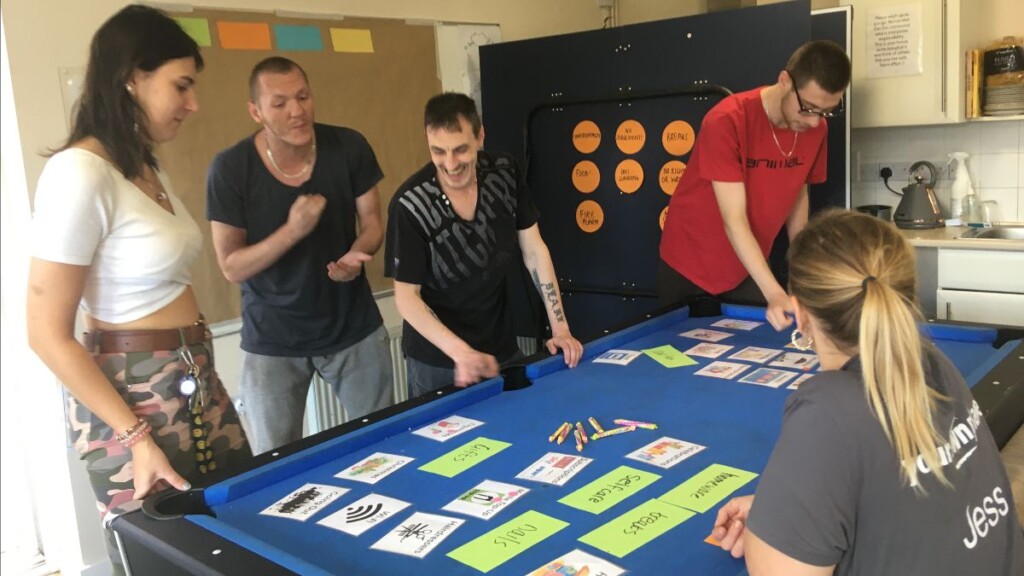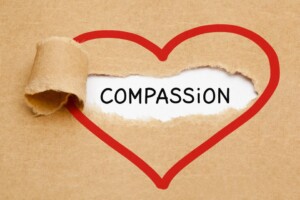A time of crisis is not the time to give up on prevention
If someone needs a life ring, I don’t want to see them drown. But once they’re out I also don’t want them to fall in again and again. This is a wasted opportunity and has no dignity.
We’re in a cost of living crisis. As the summer rumbles on and many think of heading off on the August getaway, a truly terrible winter awaits many. Whilst my electricity bill was only £63 in May, I’ve been warned it will be almost £300 in December.
What should we do beyond more sticking plasters and life rings such as foodbanks, hardship funds and reactive advice when I’m hearing already of those hardship funds running dry?
The cost of living crisis means costs are higher across the board, from food to petrol and energy bills, rather than prices rising in just one area. Inflation continues to creep up, also having an impact on the services and hardship funds that are available.
Housing providers, many still emerging from Covid and facing their own challenges, continue to pivot compassionately into the business of food parcels, debt advice, supplying fridges and support with utility costs.
Having had a career that has meant meeting wonderful people from all backgrounds, my focus has always been those, who way before we started talking about it during Covid or the cost of living crisis, have the least. Against the current and seemingly impossible odds and even when donating some cans to the local foodbank feels good, our focus must remain on preventing the worst effects of this cost living crisis on those with least. This makes sense at an individual level as well as the systemic, human, team and financial level.

Where does all this leave those of us in the business of supporting people to thrive long term and not patch them up with a hot meal? Maybe we’re in the wrong business. Arguably those in the crisis business have got lots of customers. Advice services, foodbanks and shelters do ‘really well’ in an economic downturn. They do well out of donations due to high profile hardship and get to make an excellent case for more funding. Need translates into demand in a way it doesn’t during the good times.
But being old enough to have seen more than one economic crisis, we ignore prevention services at our peril. The price we all pay for enduring poverty is more children in care, more crime, a huge mental health burden as well as unemployment, spiralling welfare benefit costs, closed up and rundown highstreets, wrecked lives and missed opportunities. This is happening now and putting ever increasing pressure on that finite hardship pot that isn’t preventing people from returning for more help when they run out of money or food.
Prevention offers dignity and personal agency. Through the development of confidence and individual and community empowerment we build the awareness of the steps we can take to get the help that only we know we need. This is the only way to prevent people falling back in. Intuitively, this approach also speak of our respect for tenants as equals worth more than souls to be saved. In turn this eases pressure on those providing the crisis help as well as their hardship budgets.
A time of crisis is not the time to turn our back on prevention.






